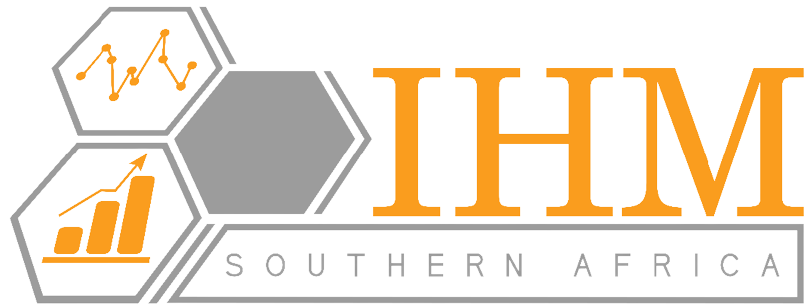learning from experience
Our Resources
reading is everything
important milestones
At IHM, we firmly believe in the power of knowledge and the importance of sharing best practices and innovative solutions. Our publications are carefully crafted to provide evidence-based insights, practical guidance, and in-depth analysis on a wide range of topics related to public health. We aim to facilitate learning, spark conversations, and foster collaboration
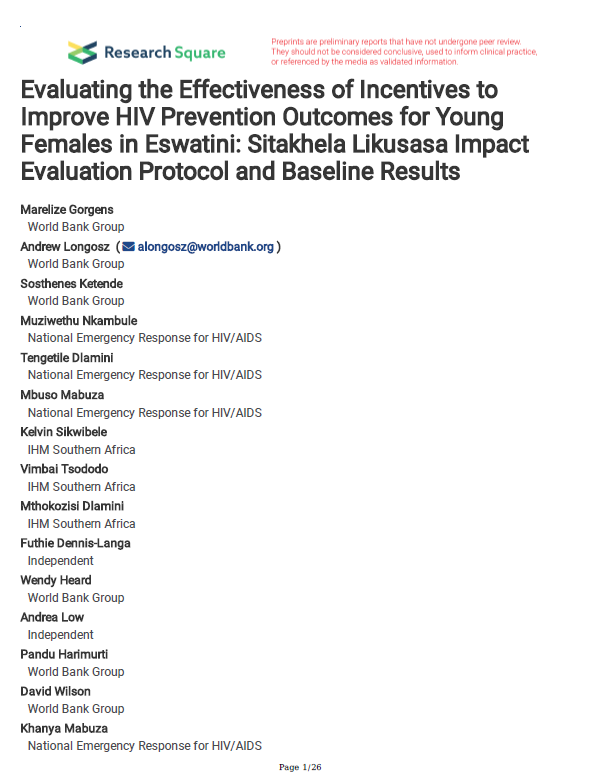
Evaluating the Effectiveness of Incentives to Improve HIV Prevention Outcomes for Young Females in Eswatini | 2020
Eswatini continues to have the highest prevalence of HIV in the world, and one of the highest HIV incidences among adult populations (aged 15-49). This analysis reports on both key elements of study design/protocol and baseline results from an impact evaluation of an intervention incentivizing (i) initiation, enrolment, attendance or completion of some form of education, and (ii) lower risk sexual behaviour.
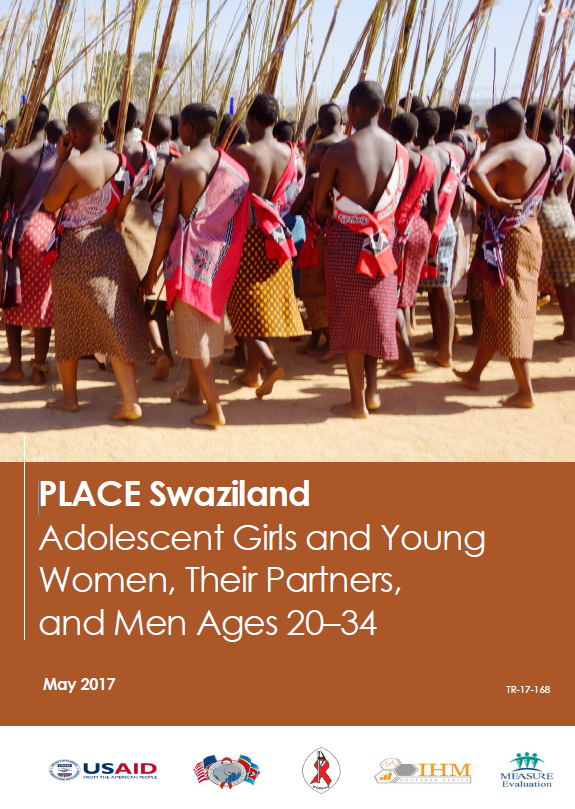
Swaziland Adolescent Girls and Young Women Priorities for Local AIDS Control Efforts Study | 2017
Adolescent girls and young women (AGYW) account for a larger proportion of new HIV infections among their age group compared to their male peers. This study was designed to identify risk behaviors of AGYW and young men ages 20 to 34 in Swaziland to get a general understanding of the characteristics of male partners of AGYW.
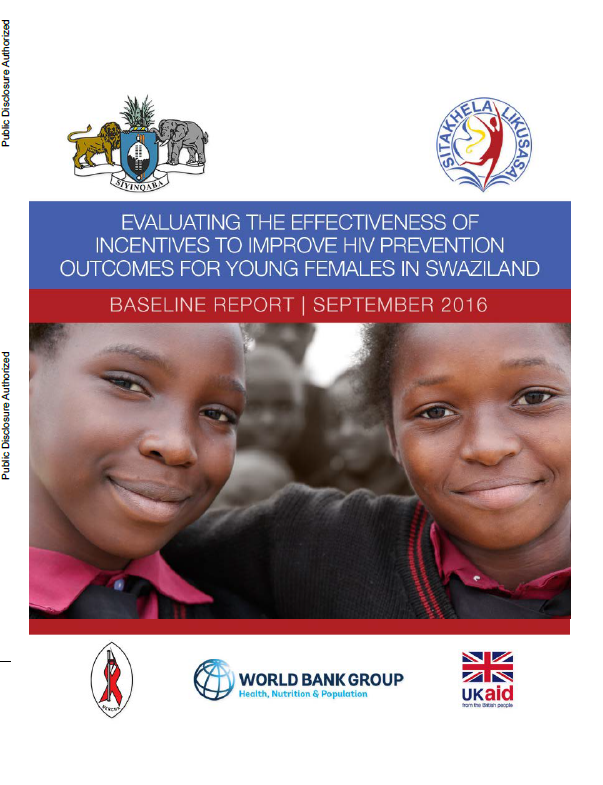
Evaluating the effectiveness of incentives to improve HIV prevention outcomes for young females in Swaziland | 2016
Swaziland's government and the World Bank collaborated on an impact evaluation to test a unique HIV prevention approach for adolescent girls and young women (AGYW). The intervention involved providing conditional cash incentives to encourage education enrollment, attendance, completion, and reduce risky sexual behavior.
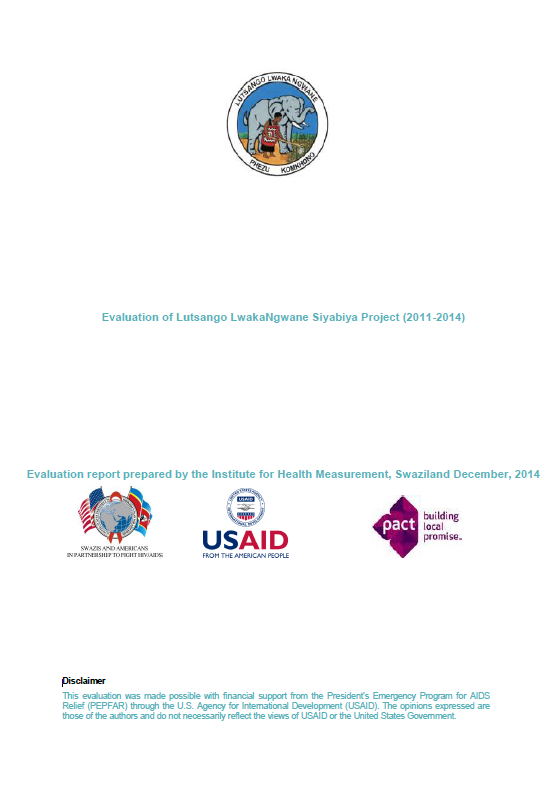
Evaluation of Lutsango LwakaNgwane Siyabiya Project | 2011-2014
With funding from PEPFAR through Pact, Lutsango LwakaNgwane in 2011 began implementation of a GBV and HIV prevention program. The project was geared towards tackling the high HIV prevalence rate in Swaziland through integrating one of its core drivers - GBV.
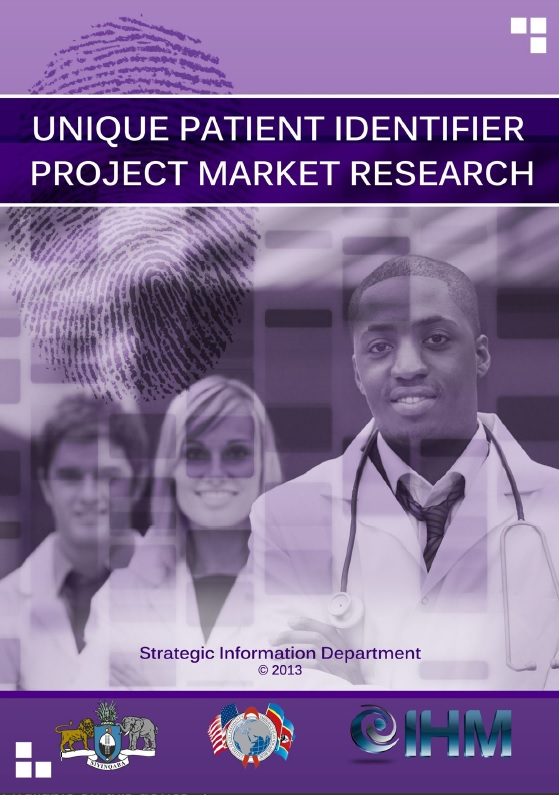
Unique Patient Identifier Project Market Research | 2013
The Unique Patient Identifier Project Survey forms part of an undertaking by the Ministry of Health to have an integrated information management system that will support evidence based analysis and decision making for health services. The aim of the research was to understand health sector attitudes (preferences), beliefs, experiences and concerns towards the use and adoption of a national ID to register patient information for health care service developments.
